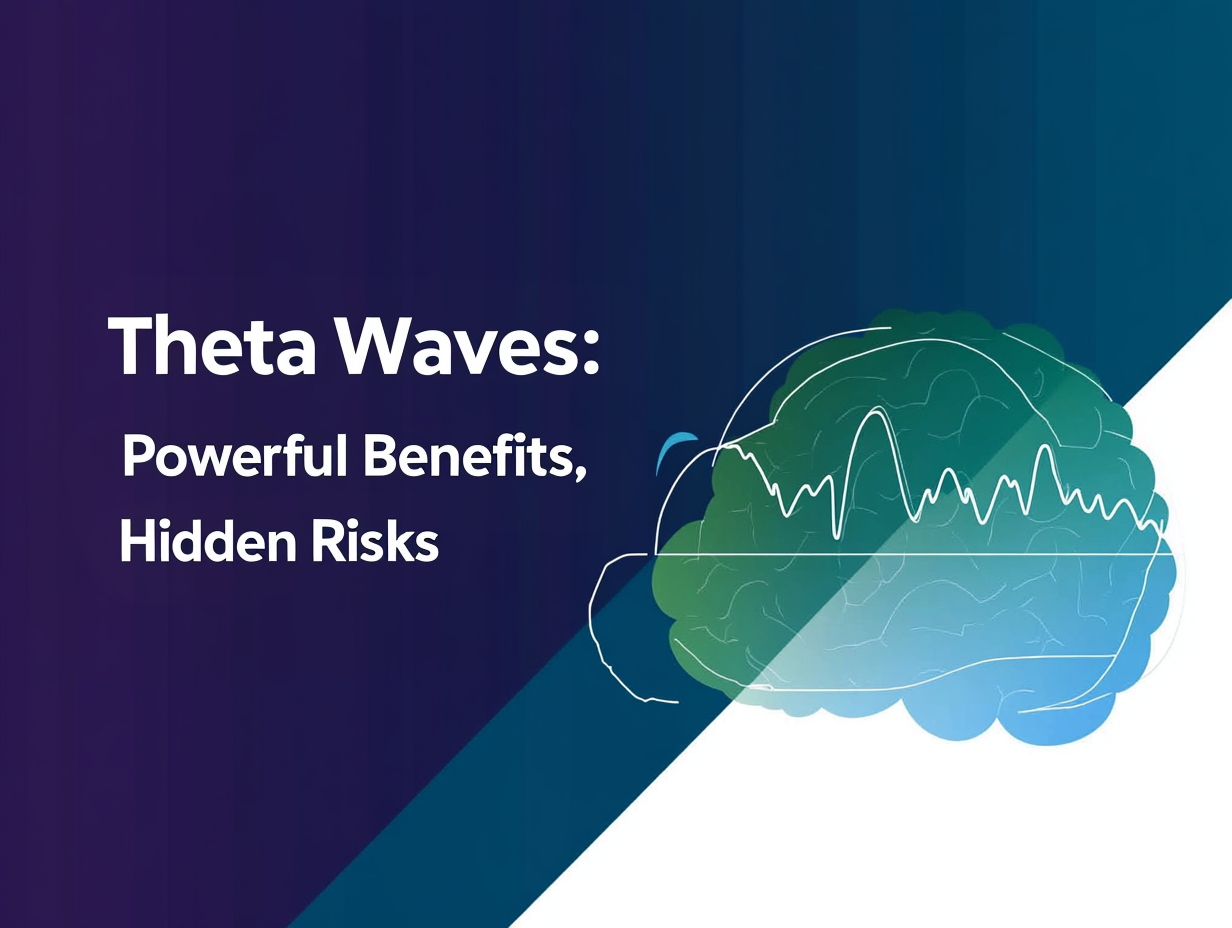Learn how neurofeedback supports cognitive function, enhances memory, and helps slow cognitive decline. Discover strategies for maintaining brain health, improving mental clarity, and addressing challenges related to aging, brain injuries, and neurological conditions.
Decoding the Stressed Brain: How Oxidative Stress Manifests in qEEG Patterns
Chronic stress leaves a deeper mark on the brain than most people realize. Beyond temporary feelings of anxiety, it sparks a cascade of biological changes that, over time, can fundamentally alter brain function. One of the most significant contributors to this hidden damage is oxidative stress—a harmful imbalance between free radicals and the body’s ability to neutralize them. Because the brain is rich in lipids and demands high levels of oxygen, it’s particularly vulnerable to this process. This blog post explores how oxidative stress damages the brain’s electrical activity, how Quantitative EEG (qEEG) can detect these changes, and how NewMind Technologies' frameworks, including Dr. Richard Soutar's model of stress-related qEEG patterns, offer clinicians a new way to recognize, assess, and intervene in these early stages—empowering better brain health and resilience before more serious issues take hold


